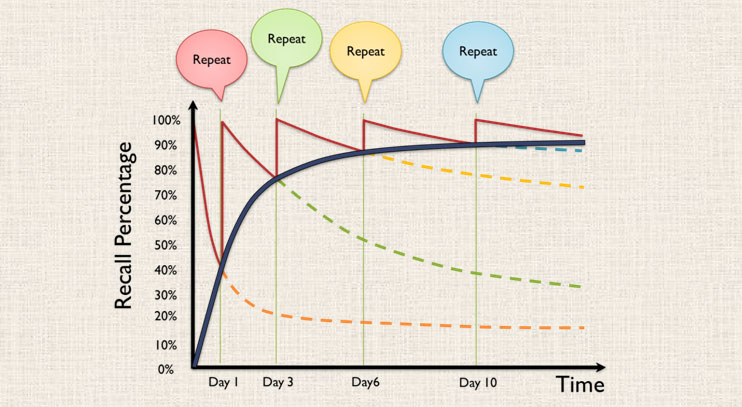Summer marks a pause in the academic year. It’s a time for students to recharge after a hectic semester and forget about school for a few months. Unfortunately, this can also mean forgetting a sizable chunk of the previous year’s work.
This phenomenon, known as the “summer slide,” is well-documented in elementary and high school students. According to a literature review from researchers at Duke University, students coming back to school in September experience a one-to-three month setback in reading ability. This setback varied with their socioeconomic status—with lower-income students experiencing a greater setback than those who came from high-income families. This means that their three months of summer holidays undid between one to three months of coursework.
“A conservative estimate of lost instructional time is approximately two months, or roughly 22 per cent of the school year,” stated a report from the National Summer Learning Association. “It’s common for teachers to spend at least a month re-teaching material that students have forgotten over the summer. That month of re-teaching eliminates a month that could have been spent on teaching new information and skills.”
Although the scientific literature is fairly sparse when it comes to university students’ return from their summer holidays, a number of studies exist that instead have examined how the brain creates and stores memories, along with how it forgets them.
Memory can be divided into roughly two different categories: Procedural and declarative. Declarative memories are the brain’s way of storing facts and concepts. Names, dates, and ideas are all forms of declarative memory. Procedural memory is related to skills that require practice, like riding a bike, skiing, or driving a car.
These two types of memory are treated differently by the brain. Declarative memories, for example, tend to be forgotten more quickly than procedural memories. An MIT study showed that although sleep improved both types of memories, early-stage sleep—when individuals spend less time in the REM stage—tended to prove more beneficial for recalling word-pair lists. Later-stage sleep, which contains more of the REM stage, helped participants recall mirror-tracing skills. A different study, also from MIT, found that short naps where the participant didn’t enter into the REM phase helped consolidate declarative memory, whereas procedural memory was uneffected.
For a university student trying to avoid forgetting biology notes after the summer, the best study strategy might be to simply take a nap—after reviewing their notes, of course.
But what else can students do in the upcoming semester to keep their course material from being forgotten quite so quickly? Neuroscientists and psychologists have explored a broad range of options, with a number of studies attempting to discover the exact effects of how study methods and lifestyle factors affect memories.
One effective study method is called spaced repetition. Multiple studies over the past few decades have indicated that spacing out review sessions helps individuals improve recall. In one study by researchers from Villanova University, participants were asked to memorize a set of pictures in two sessions. Groups whose sessions were spaced further apart tended to perform better when performing recognition tests later, in one case improving their accuracy on a written test from 76 per cent to 89 per cent.
This means cramming a semester’s worth of material into the night before an exam is not a good idea, if science is anything to go on. In addition to causing an undue amount of stress and a number of sleepless nights, the practice also hinders recall. The better solution is to spread out study sessions over the course of several days, taking advantage of spaced repetition.
In short, the scientific literature supports common sense on this front: If you want to remember what you learn in class, you need to crack open a book every once in a while.









